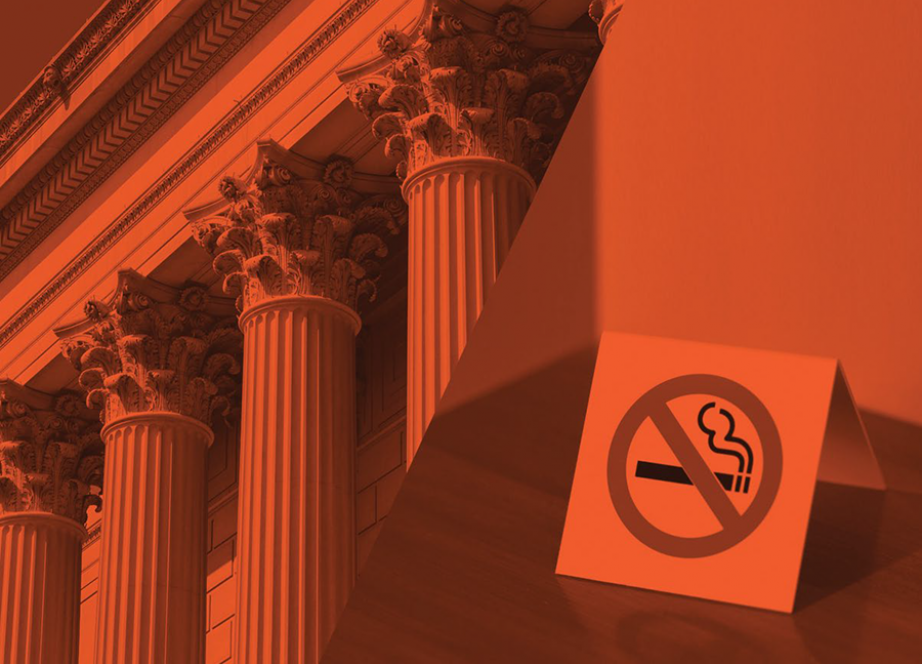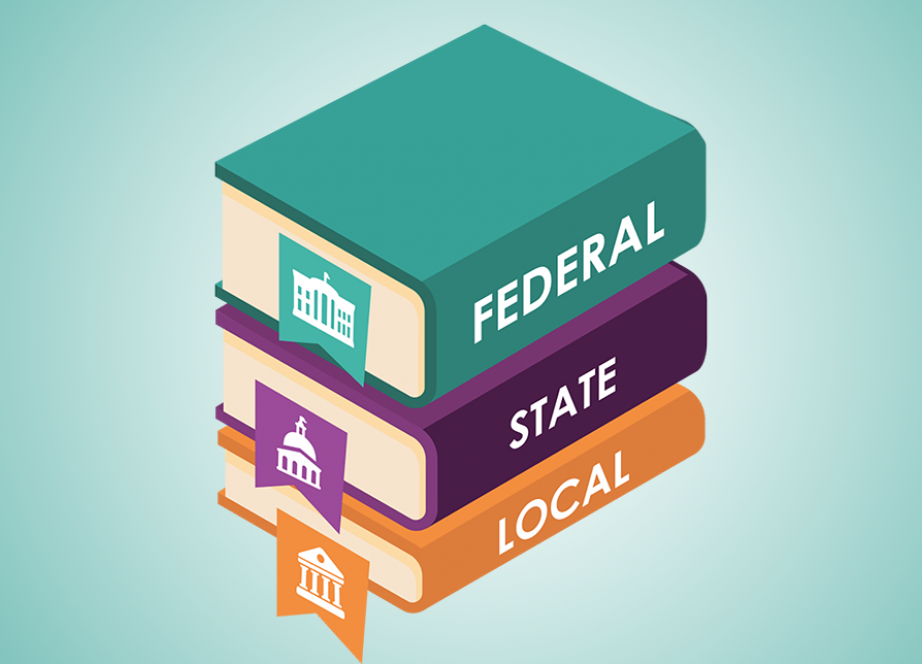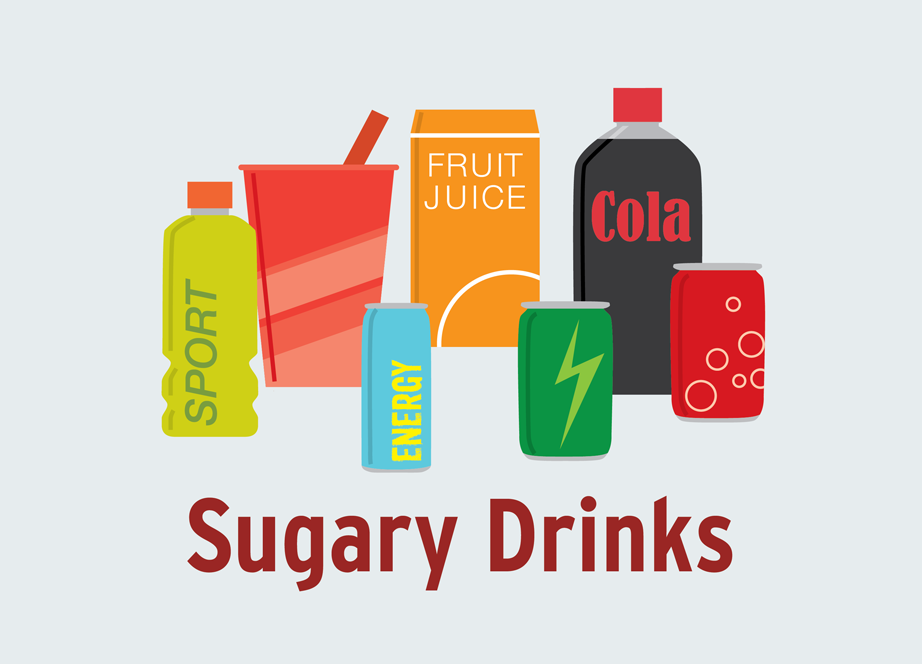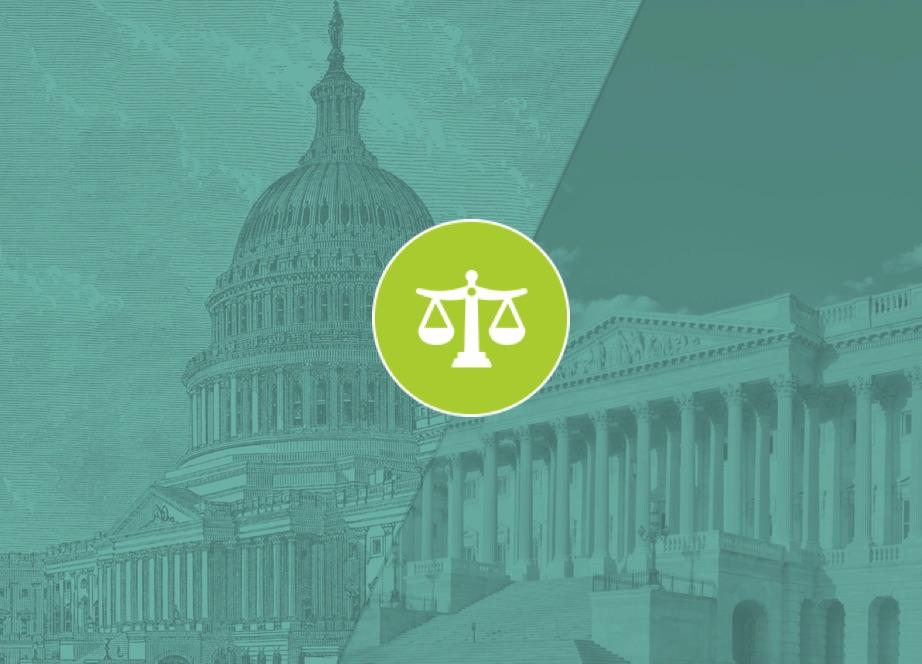Preemption — a legal doctrine in which a higher level of government may limit or even eliminate the power of a lower level of government to regulate a specific issue — can have profound significance for public health.
Preemption historically has been used as a legislative and judicial tool for resolving problems that arise when different levels of government adopt conflicting laws on the same subject. Preemption in itself is neither bad nor good; it is simply a legal concept. However, powerful interest groups have recently led numerous state-level efforts to preempt local laws aimed at improving public health and advancing health equity. These interest groups have successfully thwarted laws that threaten their profits — for example, local minimum wage laws, sugary drink taxes, and tobacco control ordinances — thus impeding communities’ ability to pursue equity- and health-promoting policies.
ChangeLab Solutions has created resources to help inform public officials and community leaders about how preemption can affect their efforts to promote health and equity. In our preemption materials, we explore questions such as
- What do preemption considerations mean for public health policy?
- How does preemption thwart or advance efforts to promote health equity?
- How can policymakers and advocates determine when proposed legislation includes preemptive language? What can they do about it?
Get started with the resources we’ve highlighted below, or learn more about all of our areas of work.




